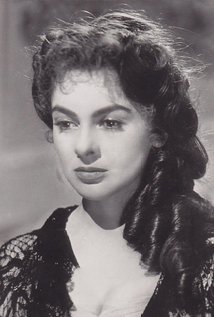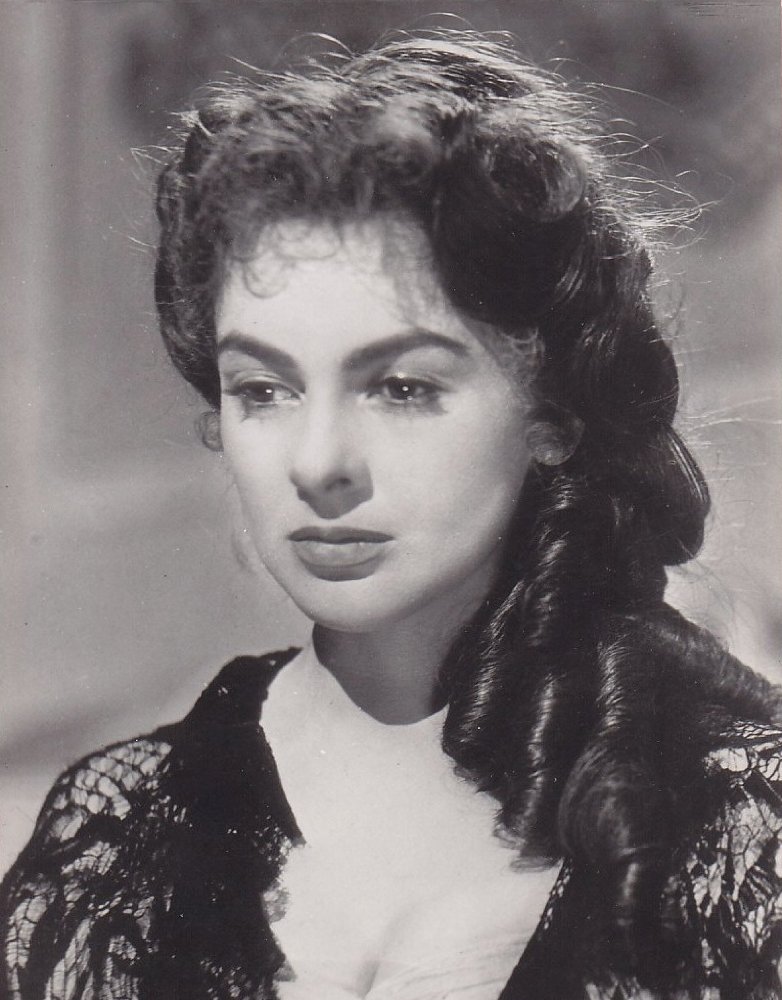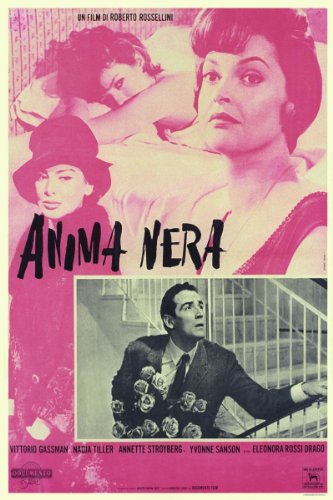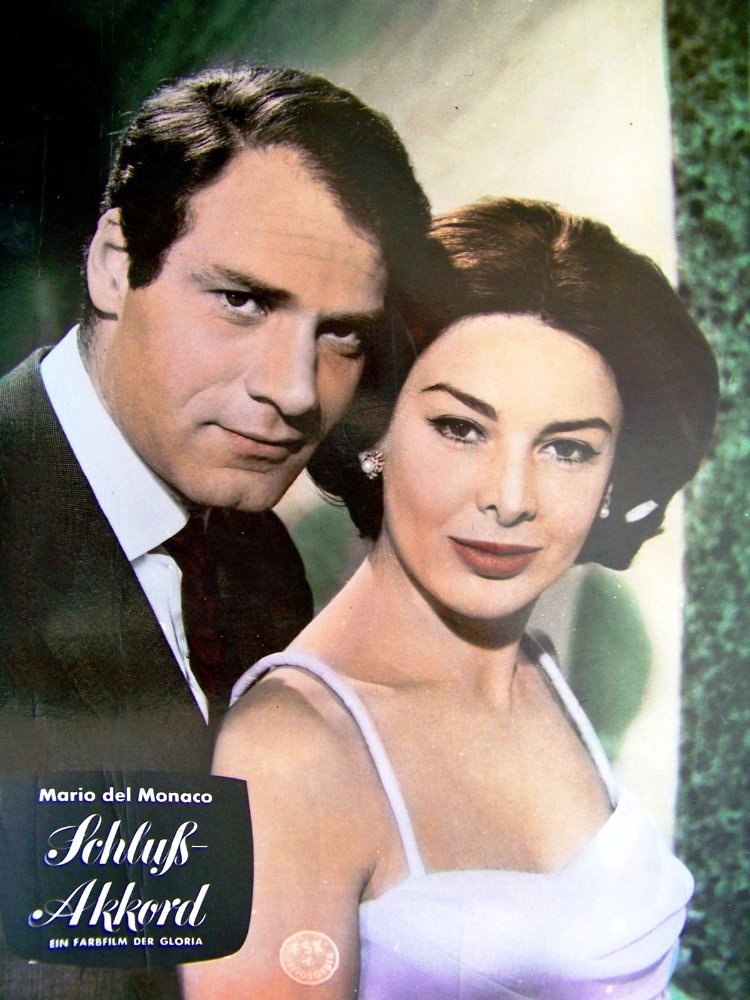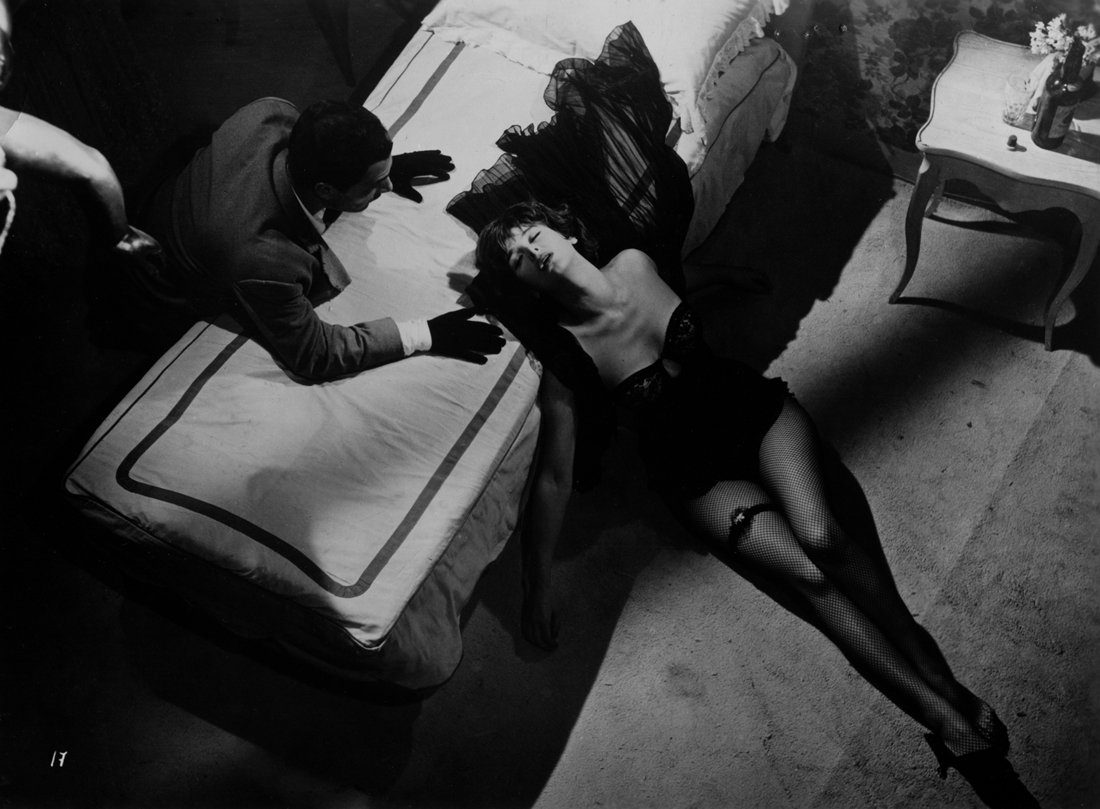She never found the international cross-over fame destined for Sophia Loren and Gina Lollobrigida, and most American audiences would not recognize her name, but voluptuous, visually stunning Eleonora Rossi Drago certainly made male hearts pulsate in Europe with her scores of princesses and temptresses throughout Italian cinema of the 1950s and 1960...
Show more »
She never found the international cross-over fame destined for Sophia Loren and Gina Lollobrigida, and most American audiences would not recognize her name, but voluptuous, visually stunning Eleonora Rossi Drago certainly made male hearts pulsate in Europe with her scores of princesses and temptresses throughout Italian cinema of the 1950s and 1960s. She eventually earned respect as a fine actress and elevated her status in the films of Luigi Comencini and Michelangelo Antonioni, among others. But for the most part, she gamely played the sex card in a career that stretched a bit past two decades.She was born Palmira Omiccioli (some sources also list Palmina as her first name, near Genoa, Italy (Columbus' birthplace) on September 23, 1925, the daughter of a sea captain. She married at the age of 17 and bore a daughter Fiorella but the marriage (to a gentleman named Rossi) did not last. She then found work as a department store mannequin and began actually designing couture clothing herself. An arresting beauty, she started competing in beauty contests and wound up in fourth place in the "Miss Italy" pageant. Gina Lollobrigida came in third. The attention lured her to films.She moved to Rome and in 1949 began receiving small movie roles while using her married name of Rossi. Her first two big breaks came with Persiane chiuse (1951) [Behind Closed Shutters] with Massimo Girotti, a melodrama about prostitution, and the highly controversial Sensualità (1952) [Sensuality] in which Marcello Mastroianni and Amedeo Nazzari violently quarrel over her affections. The earlier picture was directed by Luigi Comencini and considered a strong success. The highly impressed Comencini went on to cast Eleonora as a female lead in his next film La tratta delle bianche (1952) [The White Slave Trade or Girls Marked for Danger], another tawdry melodrama about prostitution that co-starred Vittorio Gassman and also showcased the up-and-coming Sophia Loren.It was obvious that Rossi-Drago had the makings of a bosomy sex goddess but she constantly strove to better her acting reputation in classier material. In 1955 she won critical notice on stage as Helena in Chekhov's "Uncle Vanya" opposite Marcello Mastroianni as Astrov. Her finest hour in films came about that same year with the release of Antonnini's Le amiche (1955) [The Girlfriends], in which she starred in the rags-to-riches story of a humble girl who becomes a respected owner of a fashion salon and the social class struggle therein. Among her other standout roles in the 1950s were Kean - Genio e sregolatezza (1957), again opposite Vittorio Gassman, who also directed, and the award-winning Italian/French co-production Estate violenta (1959), in which she played a married woman approaching middle age who surrenders herself to a younger man (Jean-Louis Trintignant) during the summer of '43 and height of fascism. The film earned her the "Silver Ribbon" award, voted for by Italian film journalists, and the "best actress" award at the Mar del Plata Film Festival in Argentina.In order to work continuously, however, she was forced to take on provocative roles of lesser quality -- roles that usually emphasized her physical attributes or enhanced the scenery around her. While Sophia Loren had a Carlo Ponti to promote her internationally, Rossi-Drago was less fortunate. By the 1960s she was relegated to such unmemorable adventures, horrors and sword-and-sand spectacles as David e Golia (1960) [David and Goliath] with Orson Welles playing King Saul; Der Teppich des Grauens (1962) [The Carpet of Horror]; and Rosmunda e Alboino (1961) [Sword of the Conqueror] opposite a raping and pillaging Jack Palance. Elsewhere, she was pretty much overlooked in the epic ensemble as Lot's wife in John Huston's mammoth failure The Bible: In the Beginning... (1966).Things did not improve into the decade and after appearing with Helmut Berger in the critically-panned retelling of Das Bildnis des Dorian Gray (1970) and Pier Angeli in the pedestrian Sergio Bergonzelli giallo Nelle pieghe della carne (1970) [In the Folds of the Flesh], she decided to call it quits. Blending back inconspicuously into mainstream society, she married Sicilian businessman Domenico La Cavera in 1973, and eventually retired to Palermo, Italy. She died at age 82 of a brain hemorrhage on December 2, 2007, and was survived by her second husband and daughter.
Show less «

